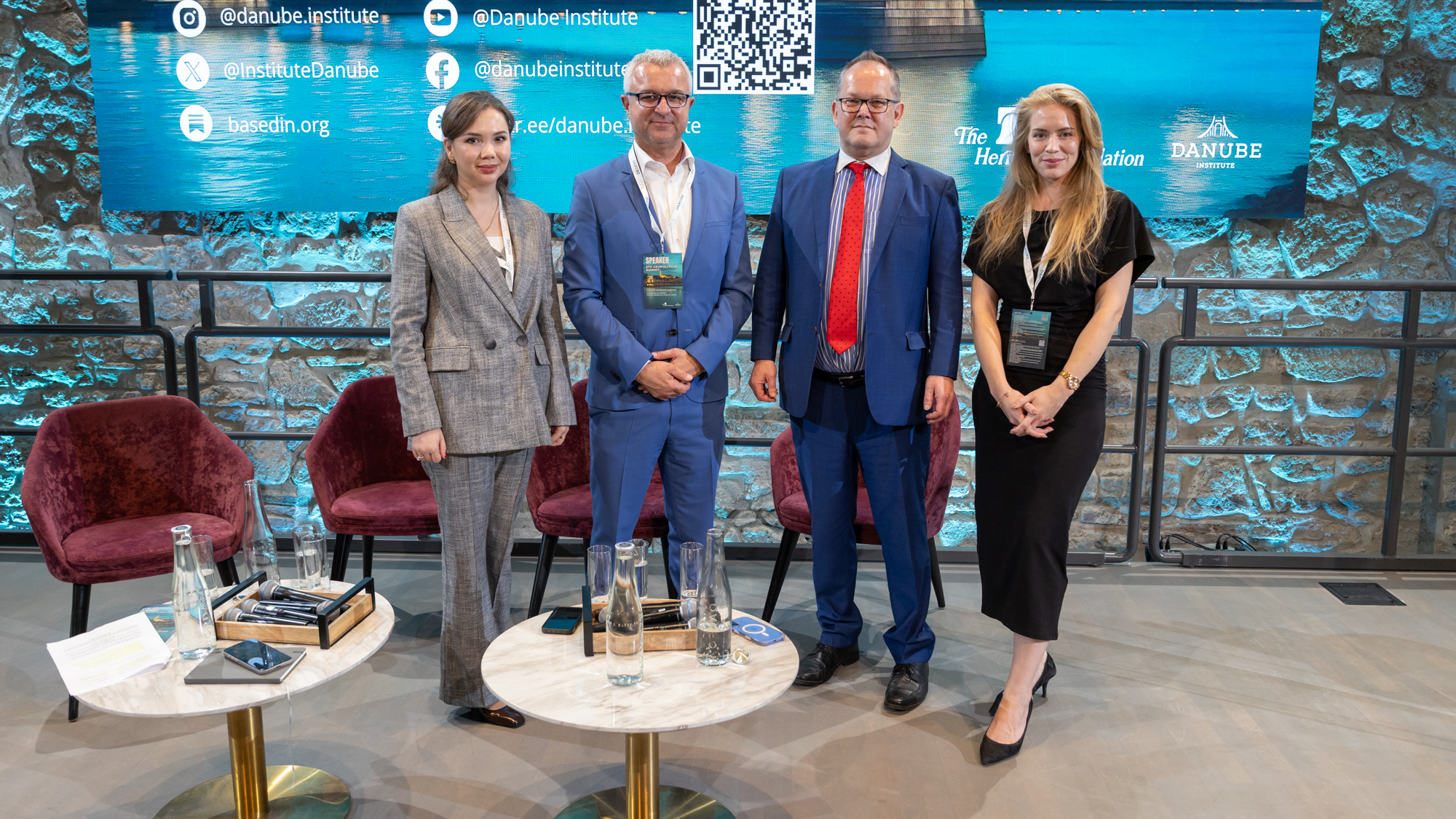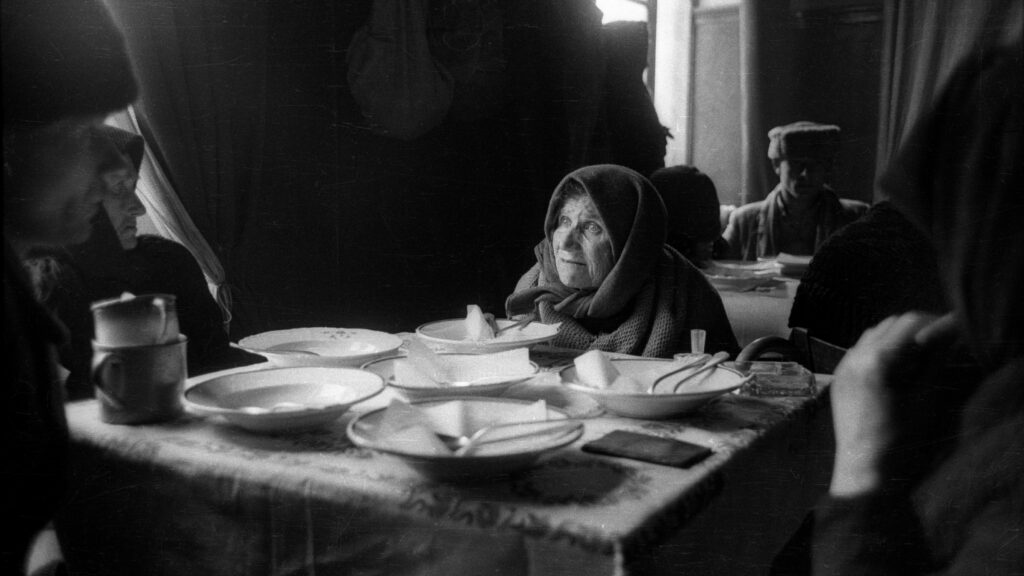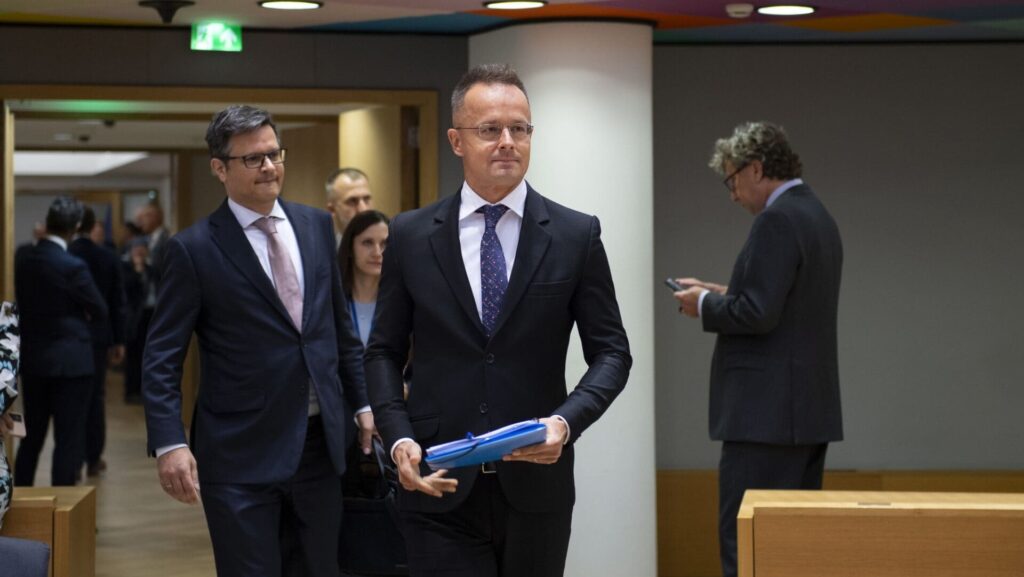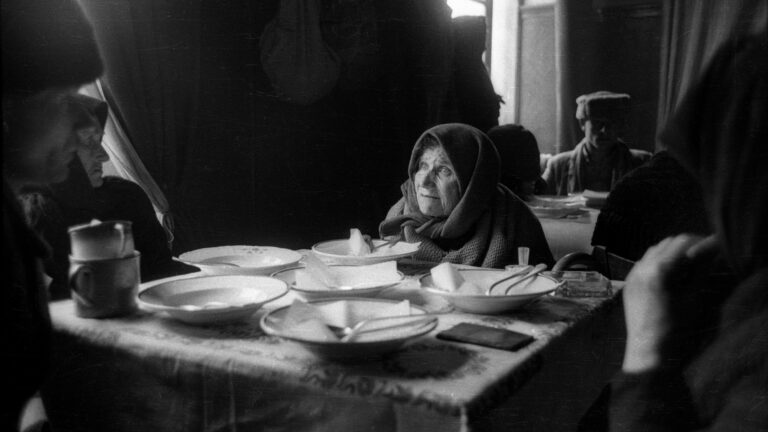The 5th Danube Institute Geopolitical Summit, hosted in cooperation with the Heritage Foundation, has officially come to an end at the Lónyay–Hatvany Villa in the historic Castle District of Budapest, Hungary. The economies of the Turkic states were the last topic for the day on Tuesday, 16 September.
Ambassador Balázs Hendrich, the Executive Director of the Organization of Turkic States Office in Budapest, gave the keynote address for the last panel. He started his piece by saying that the region where today’s Central Asian countries lie is where the Silk Road used to run in the Middle Ages. The nations of today in the region are important because of their geographic, demographic, and economic dimensions, the speaker pointed out.
He also shared that the Middle Corridor is a key alternative to the East–West trade routes, which are now threatened by the Russo–Ukrainian war. Mr Hendrich went on to describe the Central Asian nations as ‘new centres of economic gravity’, with a much younger median age than the EU, only 26 compared to 44. He also praised the military industry of Türkiye, and highlighted the Eurasian nation’s significance as a logistical hub as well. The United States, the speaker added, sees the region as a key factor in counterbalancing Russian and Chinese influence.
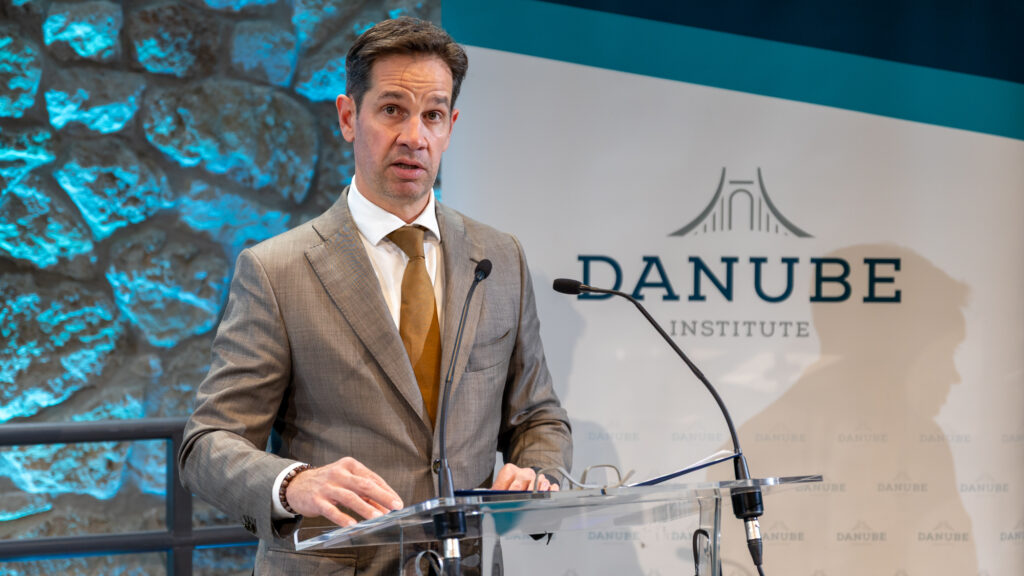
Up next, Former Economic Counsellor and Crisis Committee Chair at the British Embassy in Moscow Ian Proud, Chief Research Fellow at the Institute for Advanced International Studies Yulduzkhon Imomova, and Chief Advisor at the Hungarian Institute of Foreign Affairs László Vasa gathered for the last discussion of the summit. The panel was moderated by Head of Communications at the Danube Institute and Editor-in-Chief of this very website Zsófia ‘Da Boss’ Rácz.
Mr Proud reminisced about his time at the British Embassy in Moscow, Russia, back in 2014, when President Putin made his ‘pivot towards China’, and started exporting great volumes of oil and gas to the East Asian country. However, as he pointed out, the Chinese, in turn, see Russia as just ‘one of the many in the basket of energy sources’. For instance, Azerbaijan in Central Asia is also one of those sources. Meanwhile, Europe has ‘cut off its nose to spite its face’, as the speaker put it, in halting Russian energy exports in response to the Russo–Ukrainian war.
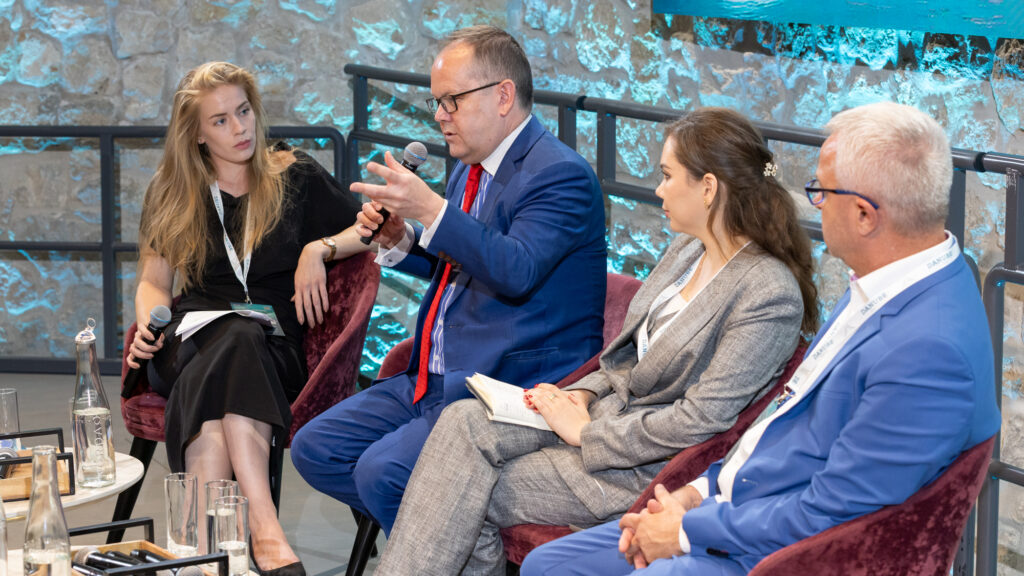
Ms Imomova described the current state of world trade as ‘competitive and multi-polar’, and highlighted the fact that the COVID-19 pandemic and multiple wars have brought on a great deal of uncertainty. However, she also stated that despite the sanctions, ‘the world economy is still linked’. She then spoke about how Kazakhstan and other nations in Central Asia had to deal with too many students applying to colleges due to their young population. Meanwhile, Mr Vasa told the audience that Hungary had realized the potential in cooperation with the Turkic states before other European nations did, and has pursued that despite initial criticism from other EU Member States. As a result, for example, Hungary is now the main hub for the distribution of air cargo coming into Europe from the region. However, as he pointed out, that does not mean that Hungary has no competitors in the area.
And thus concludes the 5th Danube Institute Geopolitical Summit in Budapest, Hungary.
Related articles:

